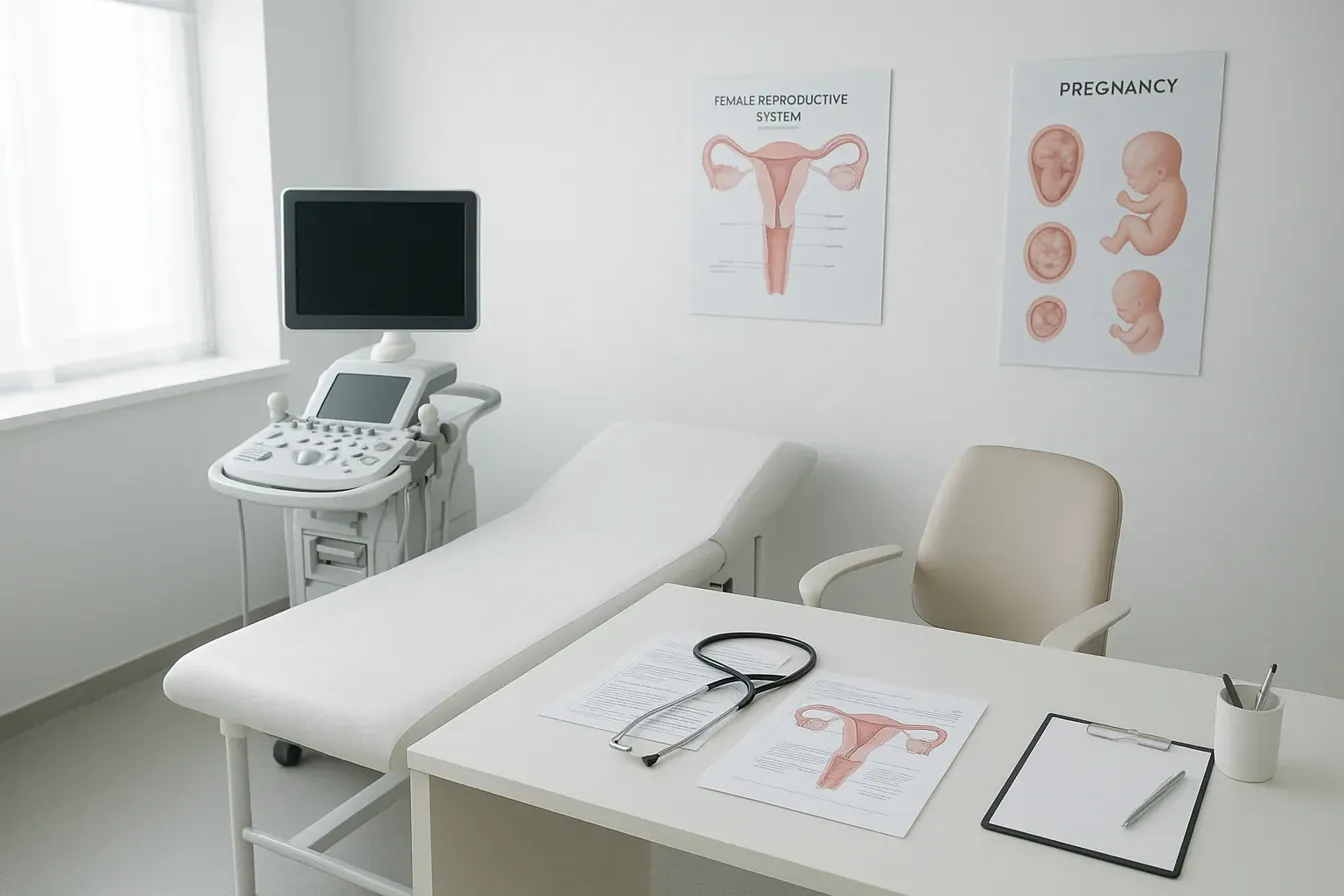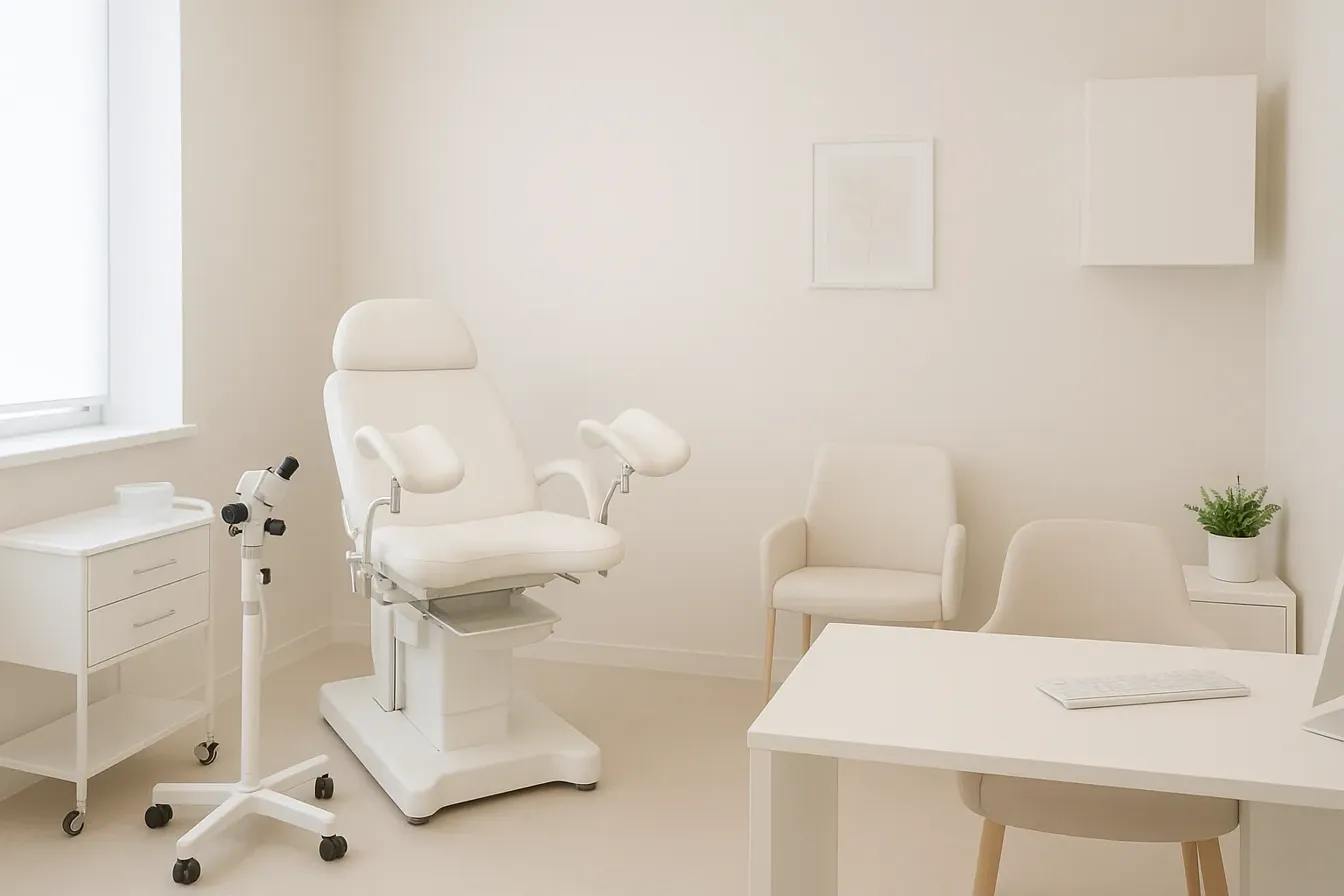Navigating Your Birth Control Choices: Tailoring Options to Fit Your Unique Lifestyle

As your pregnancy progresses, it may become more difficult to get high-quality sleep because of the size of your belly. Since you need rest to ensure a safe delivery, it’s important that you find a sleeping position that works best for you.
At Raveco Medical, our experienced obstetrics team has extensive experience, helping women navigate all aspects of their pregnancy. We can recommend ways to make sleep easier to achieve and continue to monitor your health as you move toward your delivery date.
The sleeping don’ts of pregnancy
Before we get into the tips for sleeping more comfortably, let’s talk about what you shouldn’t be doing during pregnancy.
Say “no” to stomach-sleeping
Since your growing belly can cause your sleeping discomfort, you shouldn’t try sleeping on it.
Stomach-sleeping can cause discomfort in your abdomen and breasts, plus trigger shortness of breath and heartburn.
Avoid sleeping on your back
Sleeping on your back can lead to a variety of uncomfortable symptoms, including back pain, digestive issues, and hemorrhoids. It can also affect your circulation, leading to low blood pressure concerns and decreased circulation from your heart to your baby.
5 tips for better quality sleep during pregnancy
As providers of comprehensive pregnancy care, we understand the struggles women go through during pregnancy. We can recommend specific things you should do to improve your sleep quality based on the stage of your pregnancy and your general health.
However, some basic tips you can follow to get good quality sleep include:
1. Try side-sleeping
Sleeping on your side helps circulate your blood to support both you and your baby. Good circulation ensures that your baby gets the nourishment they need to develop properly.
The side-sleep position also relieves unnecessary pressure on your internal organs and reduces your risk for potential complications like swelling, hemorrhoids, and varicose veins in your legs.
You can further improve your comfort level when sleeping on your side by keeping your legs bent at the knee and adding a pillow between your legs to take pressure off your lower spine.
2. Keep your room cool and dark
If you have difficulty falling asleep or staying asleep, it may be due to the temperature of your room. Try to keep your room cool with a fan or air conditioner and wear lightweight sleeping clothes.
Use curtains to keep the space dark and peaceful. Try listening to soft music or white noise, so you can drift off to sleep faster.
3. Avoid caffeine and other stimulants
As a pregnant woman, you should already be mindful of how much caffeine and sugar you consume. Be sure to drink a lot of water throughout the day to stay hydrated, and limit caffeinated products, especially in the hours before bedtime.
You should also avoid using your phone and other electronics that can overstimulate your brain and make it harder for you to fall asleep.
4. Stay active
Daily exercise is important for everyone, including pregnant women. We can help you create an exercise plan that gets you moving at least 30 minutes a day to keep your body strong and healthy.
Try and exercise earlier in the day so that you have time to wind down before you go to sleep.
5. Practice self-care
If you’re feeling especially uncomfortable, schedule a massage to help you relax. You can also get calm in a warm bath before bed to make it easier to fall asleep.
Also, continue to eat a healthy diet and keep your stress levels low throughout your pregnancy to protect the health of you and your baby.
If your sleep difficulties are becoming more frequent, schedule a diagnostic evaluation online or call the nearest Raveco Medical office today.





.png)